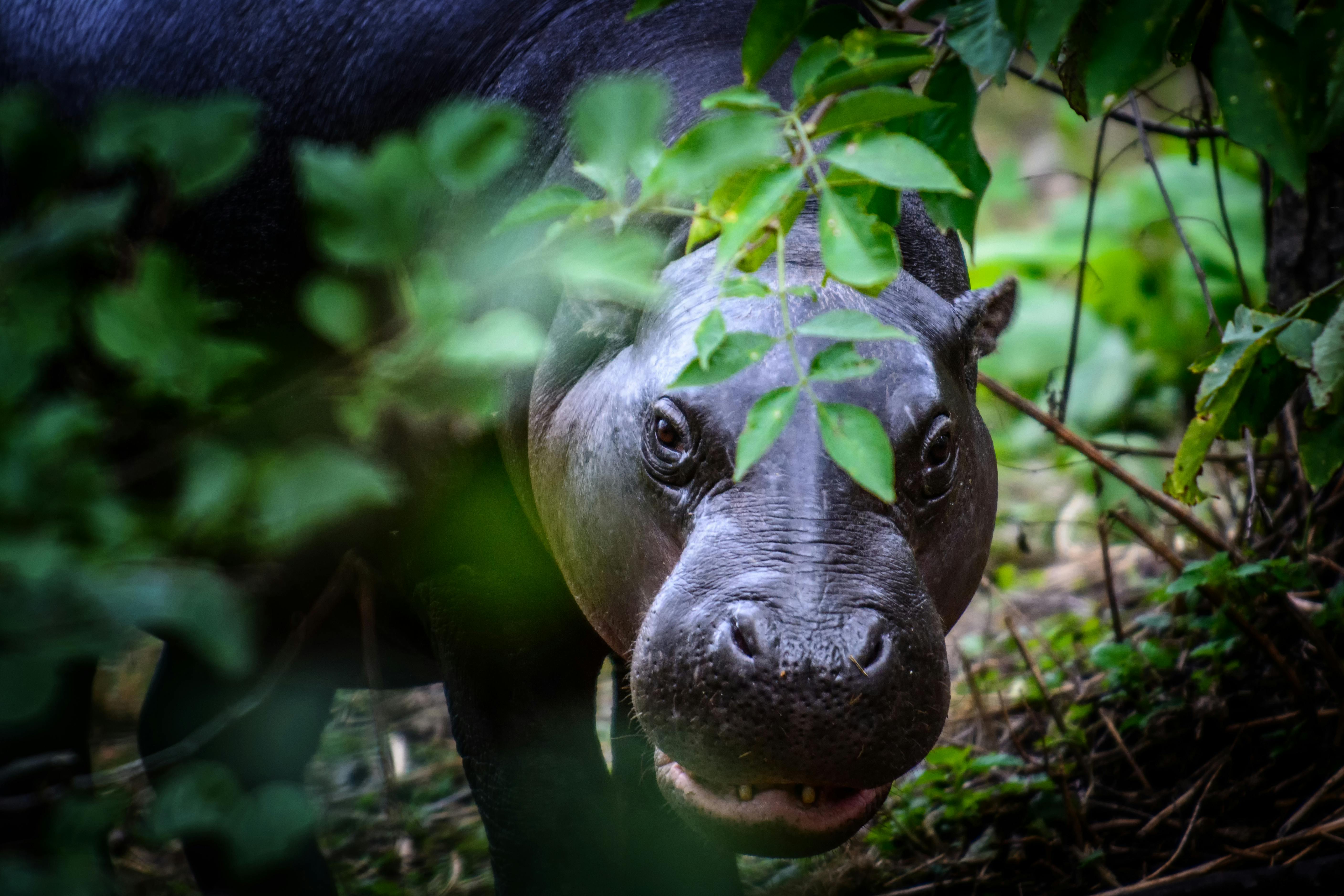

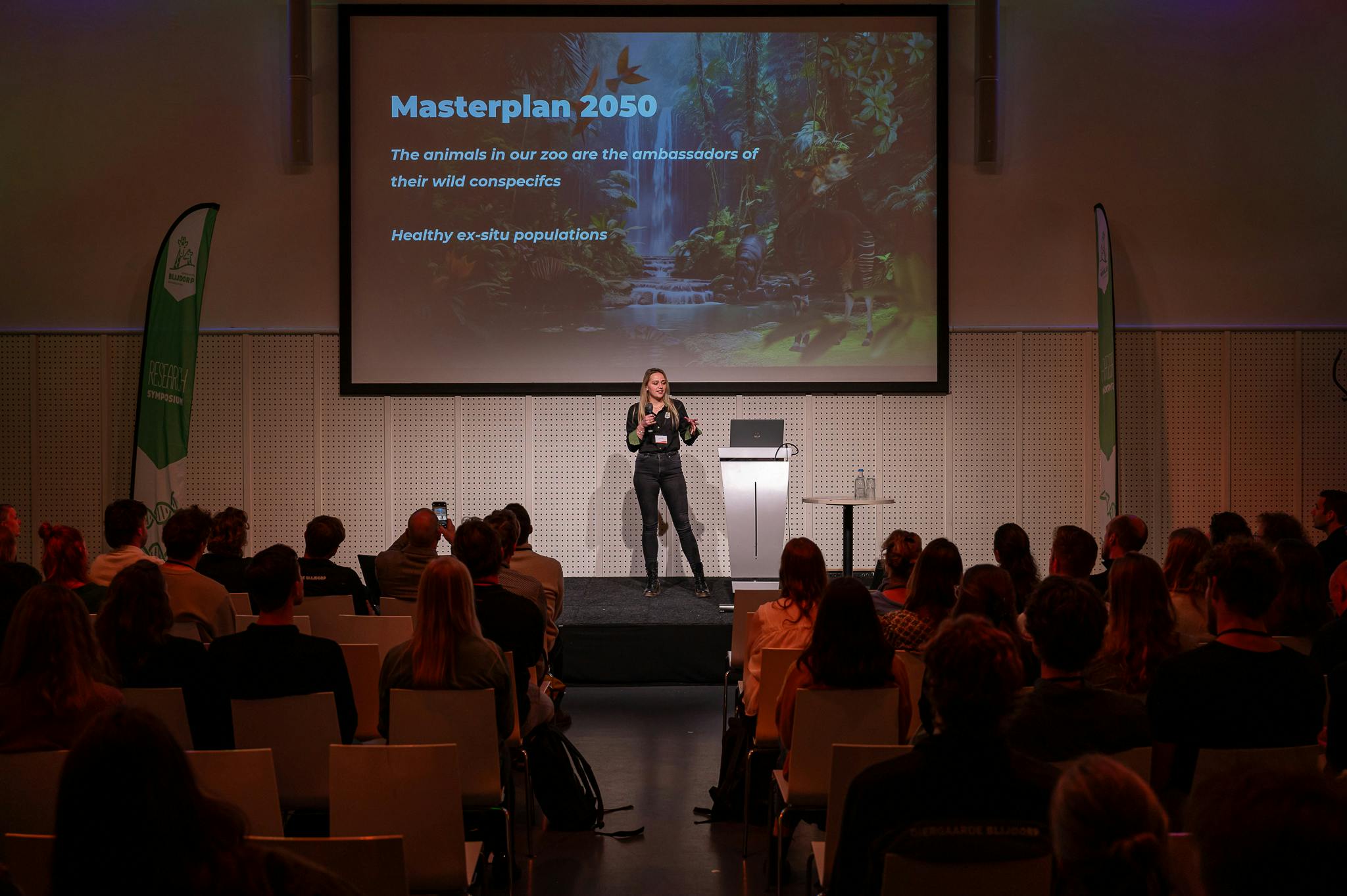
Zoos are an important place for conducting research. Many studies, such as behavioral observations, are difficult to carry out in the wild because animals, for example, quickly disappear from view. Knowledge about physiology, genetics, health, and veterinary care is easier to gather in a controlled environment with animals accustomed to human contact. We strive to share the knowledge we gain with conservation projects worldwide. The results of scientific research are shared through publications.
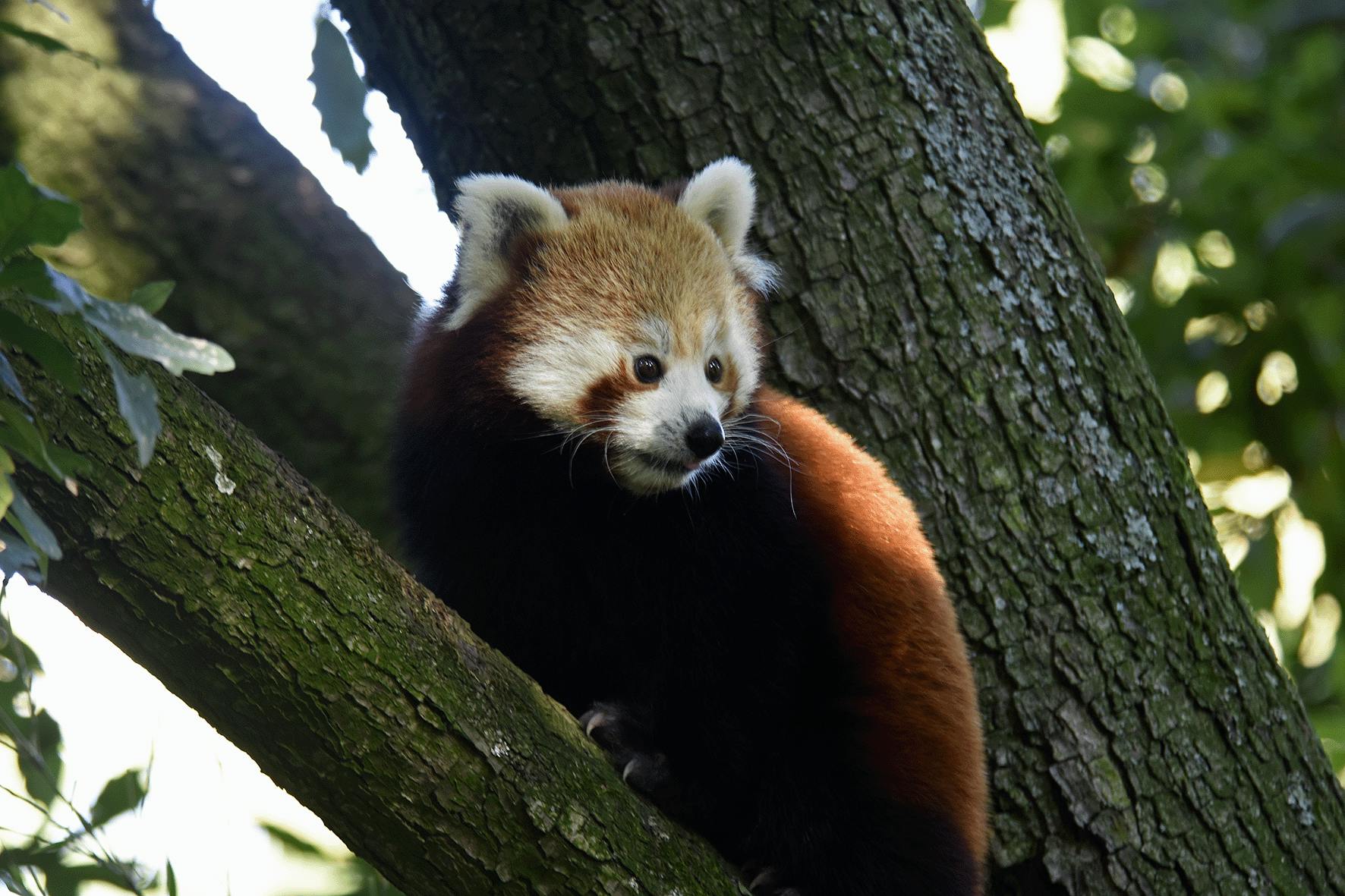
Genetic diversity is important for animal and plant species to maintain their adaptability. Moreover, populations with low genetic diversity can develop problems related to hereditary diseases. Therefore, in Blijdorp, we conduct research to determine the best ways to preserve genetic diversity, thereby preventing the extinction of endangered animal species.
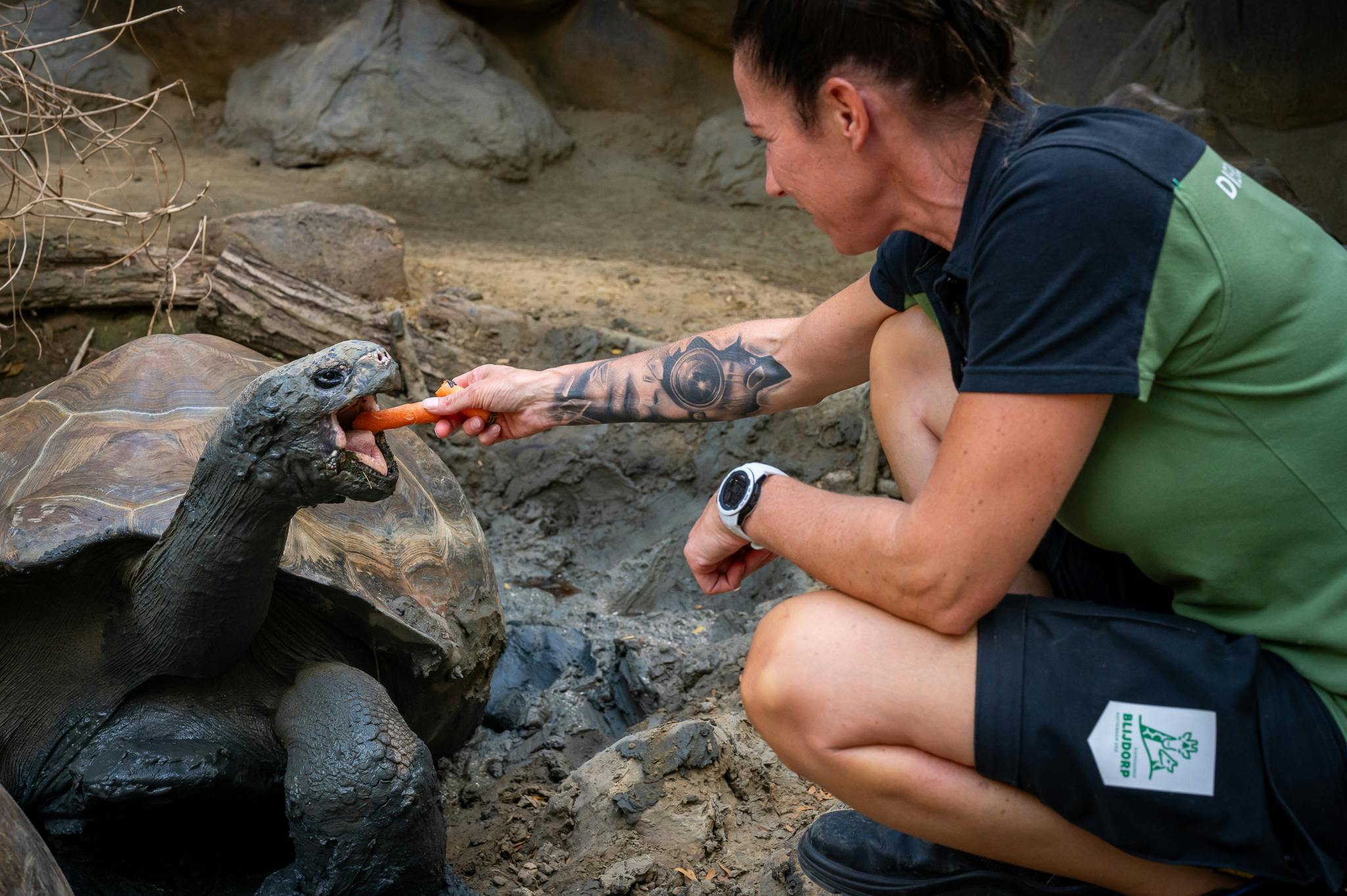
Healthy animals are, of course, very important for us to carry out our duties as a zoo effectively. That's why we continuously research existing and new health issues in our animals. In some cases, wild populations also suffer from these diseases, and our research contributes to healthier wild populations.
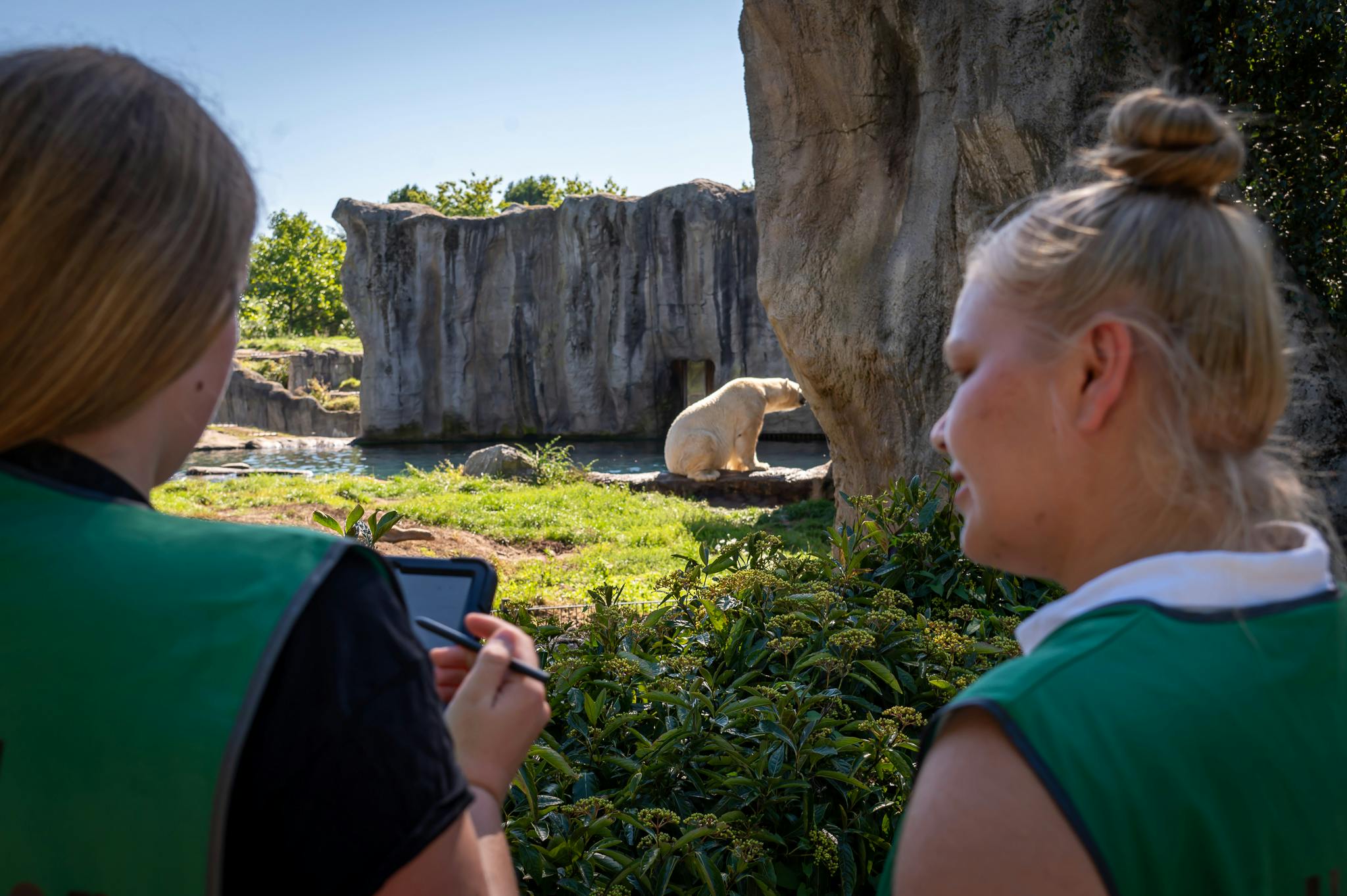
In our zoo, we regularly conduct behavioral research. This helps us increase our knowledge about the needs, emotions, and behaviors of animals, allowing us to optimize animal welfare. Furthermore, a better understanding of animal behavior can also contribute to the conservation of wild animals.
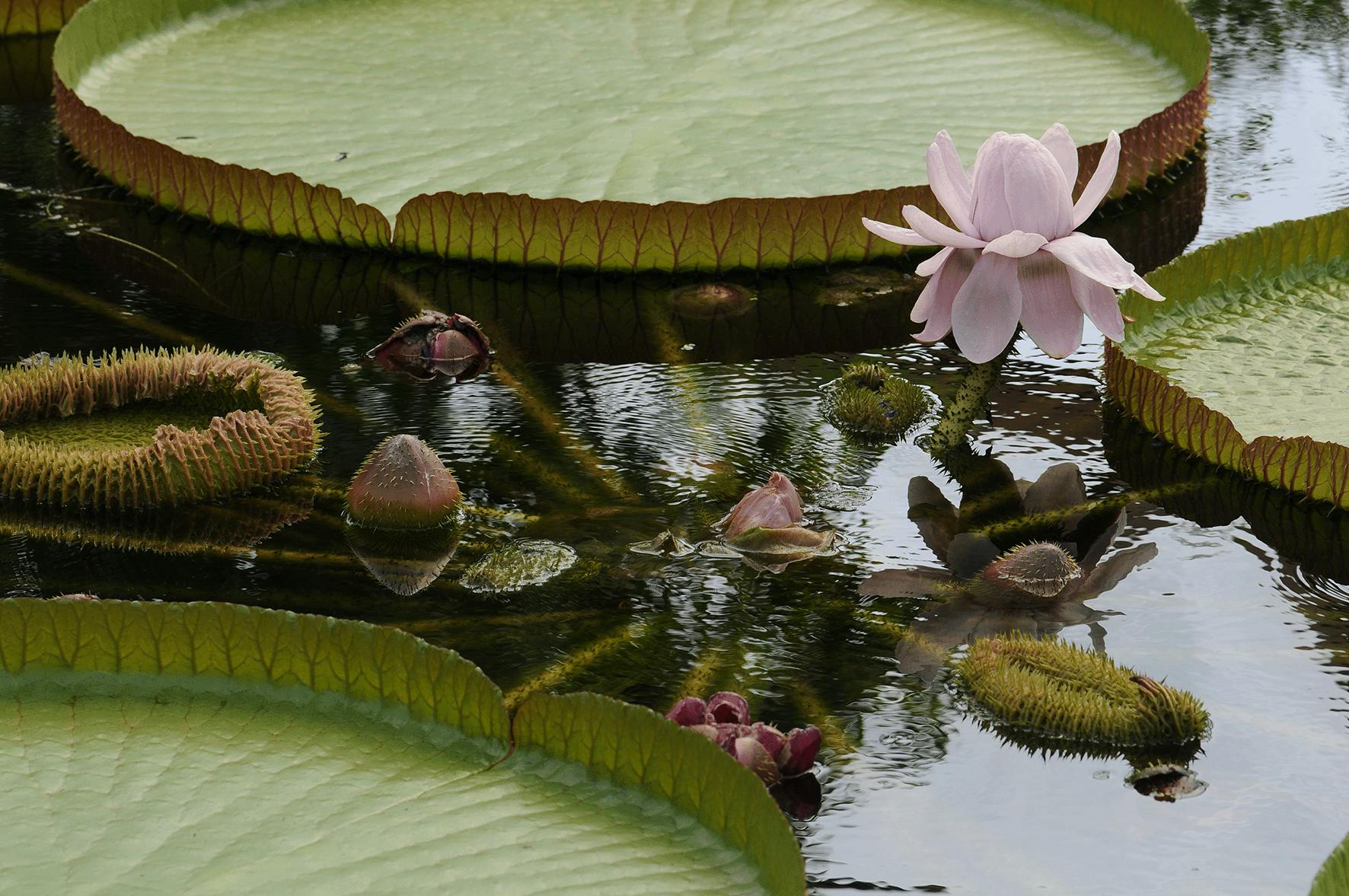
Our botanical research is part of our conservation efforts. We are proud of the recognition of our work in this field. Diergaarde Blijdorp is the first Dutch zoo to receive the international certification 'BGCI Botanic Garden'. The Botanical Gardens Conservation International (BGCI) is a collaborative international network of botanical gardens with the goal of conserving plant diversity for the well-being of people and the planet.

An ecosystem is the combination of plants and animals in an area and how they relate to each other and their environment. Imbalance in an area can lead to a decrease in biodiversity.